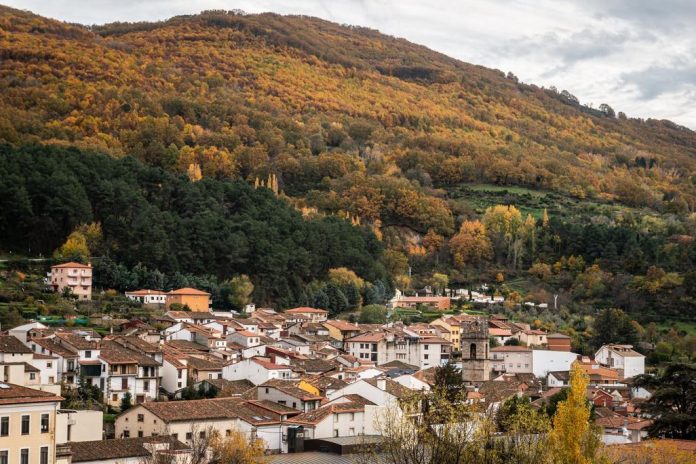Extremadura, a largely undiscovered region in western Spain near the Portuguese border, is offering financial incentives to encourage remote workers from the UK and beyond to settle there.
The regional government launched this initiative last year to help revive villages suffering from population decline by attracting digital nomads both from inside Spain and internationally.
The programme offers up to €15,000 (£13,000) to those who move to the area. It operates on two levels: remote workers who are under 30, women, or willing to live in small towns of fewer than 5,000 residents can receive up to €10,000 (£8,660) initially, with an extra €5,000 (£4,329) after two years. For others relocating to larger towns in Extremadura, the grant stands at €8,000 (£6,927).
Applicants need to commit to living in the region for at least two years. Non-EU citizens must have the appropriate visa or residence permit that allows them to live and work in Spain.
Current interest and future prospects
The current deadline for applications is 25 October. However, a local official overseeing the programme has confirmed that similar incentives will be available next year.
Around 450 applications have been submitted so far, though only 30 have come from outside Spain, mainly Italy, France and South America. No British applicants have taken part yet, largely because the scheme has been promoted mainly through Spanish-language channels.
Alejandro Mateos Iniquez, who oversees the grants, hopes to see more interest from the UK and the US soon, noting that two British applicants are currently awaiting approval.
What makes Extremadura different?
Alastair Johnson, founder of a business that supports expats moving to Spain, visited Extremadura to promote the scheme to British and American remote workers.
He highlighted the region’s low cost of living, good infrastructure and strong local support as major draws, especially compared to more tourist-heavy areas such as Barcelona and the Canary Islands, where protests have occurred over rising living costs.
Cities like Mérida, Badajoz, Cáceres and Plasencia are experiencing growth through investment in co-working spaces and support for small businesses, while smaller towns offer affordable housing and a peaceful lifestyle.
A digital Nomad’s experience
Luis Pujol, a sustainability innovation remote worker from Barcelona, moved last year to Pedroso de Acim, a tiny village with just 92 residents. He applied for the grants and has since started a small business in the area.
He described the village as peaceful, surrounded by nature, affordable, and welcoming.
The scheme allowed him to leave behind Barcelona’s high rents and busy lifestyle for a large house with a panoramic terrace costing just €300 per month, providing the privacy he wanted.
